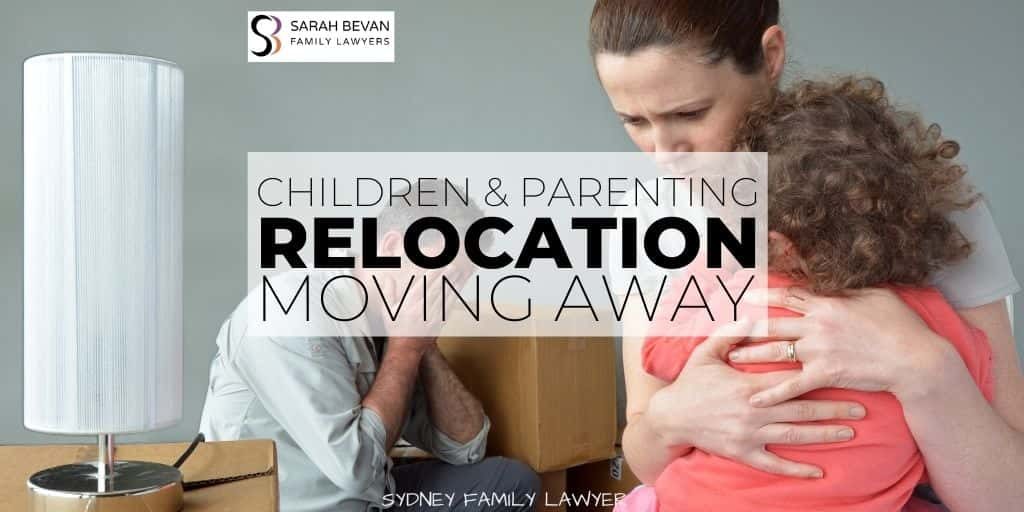Children and Relocating or Moving Away
Relocation is one of the most fraught areas of dispute for separated parents. It may well be that one parent has very valid reasons for wanting to move, but the other parent may have equally as valid concerns about being geographically separated from the children.
Parents need to take into consideration many issues including:
- How often can the children reasonably travel to their other parent?
- How often can the other parent travel to the children?
- If the other parent travels to see the children at their new home, how will s/he accommodate him/herself while staying near the children’s home?
- What will be the children’s practical travel arrangements eg are they old enough to, and capable of, travelling by air as unaccompanied minors?
- Who will fund the costs of the travel?
- Can there be other means of communication between the children and their other parent between visits such as telephone and Skype?
Unless there are existing court orders to the contrary, parents have shared parental responsibility for their children. That means that they have a shared responsibility for making major decisions about the children, including whether the children should be able to relocate. For this reason, without orders to the contrary, a parent cannot and should not move with the children a significant distance away from their original area without the consent of the other parent. If they do, most courts will readily and quickly order the children to be returned immediately pending a final hearing (which may take well over a year to get to).
If the parents cannot agree on whether the children can relocate, then they can ask the court to determine the matter, and in most cases the parents must attempt mediation first before applying to the court. In these cases the court will consider many issues usually including:
- If one parent proposes moving overseas, is the other country likely to enforce any orders for the “left behind” parent to see the children? Many countries have arrangements between them for the recognition of the other country’s orders?
- Is it likely that despite the geographical distance, the “moving” parent will actively and positively encourage the relationship between the children and the “left behind” parent?
- Will the children be able to have a meaningful relationship with the “left behind” parent despite the geographical distance?
- What are the children’s views? However, the weight given to this consideration will depend largely on their age and development.
- I want 50/50 custody, Can I get that?
- COVID-19 and supervised time with my child
- What are the laws relating to voluntary and mandatory reporting for child abuse?
- When does a person have a reasonable excuse to contravene a parenting order?
- Can I serve an application for divorce if my spouse is in another country?


